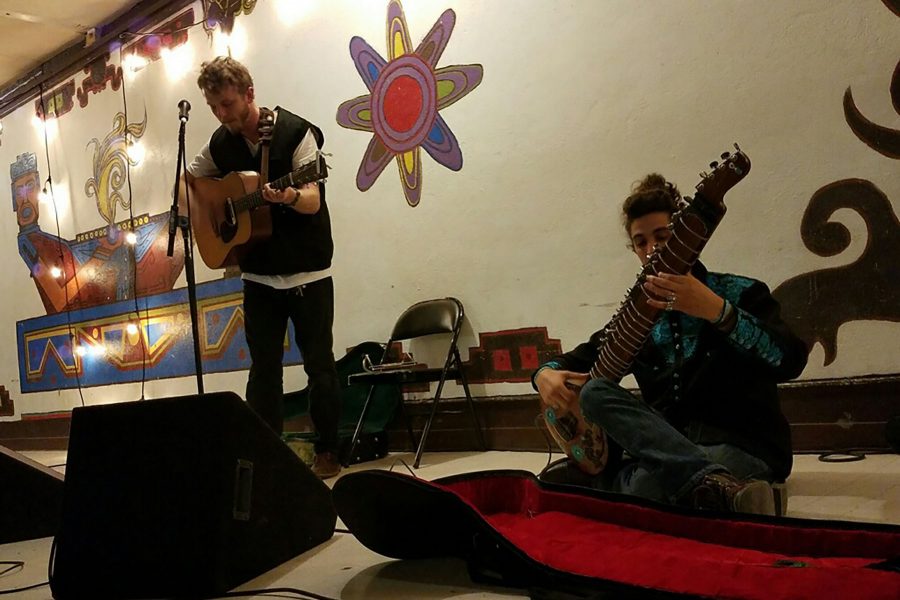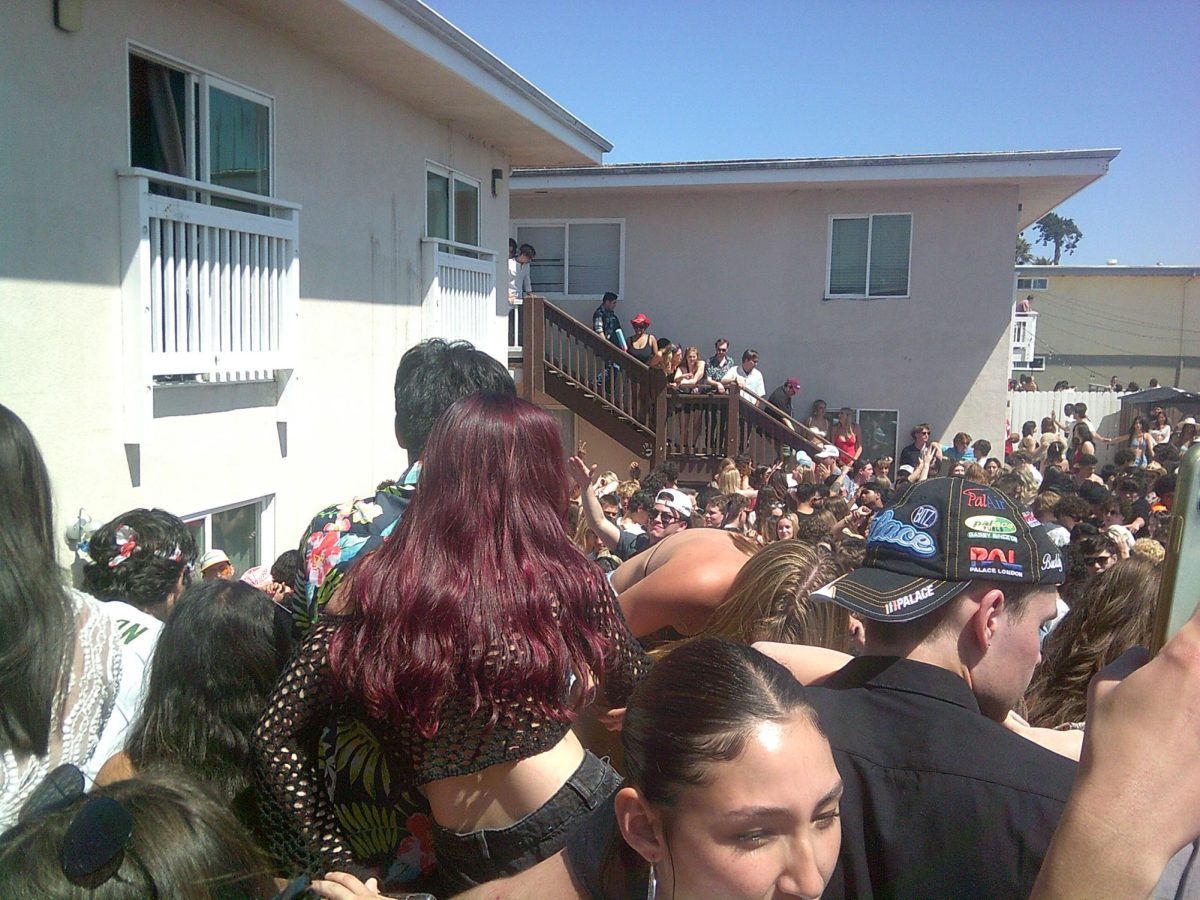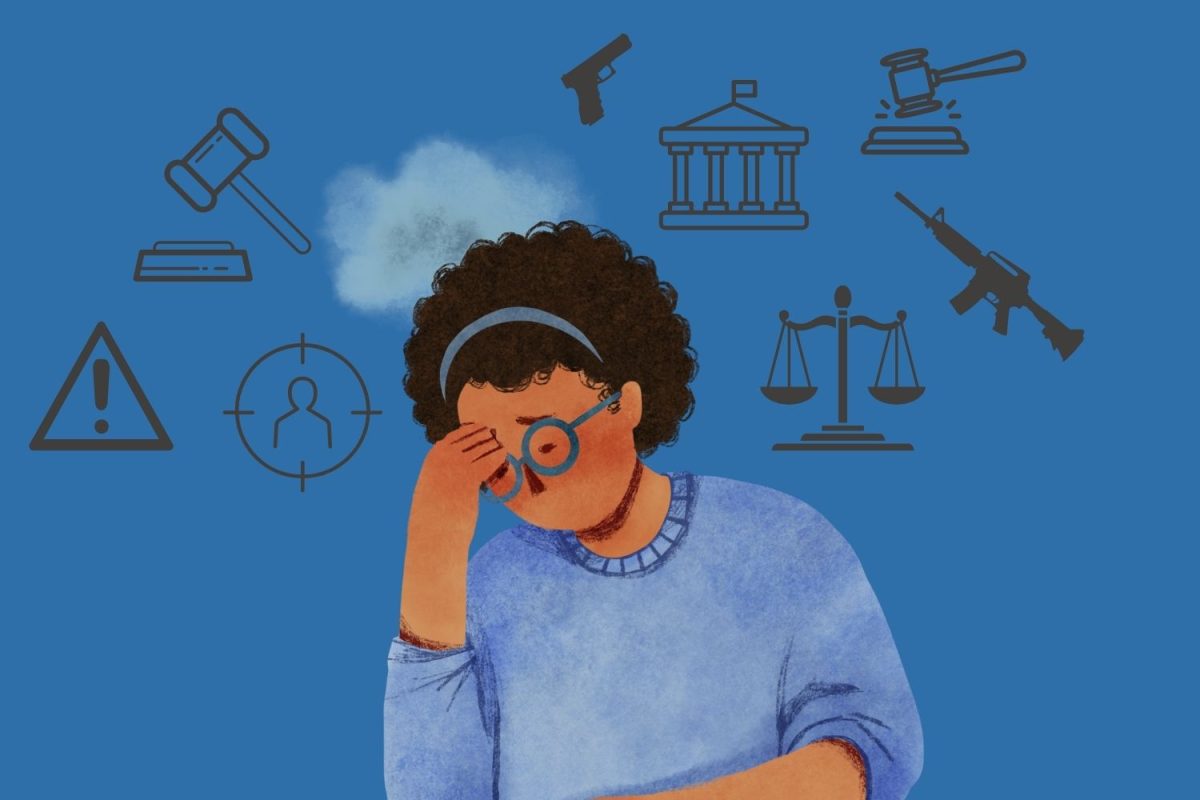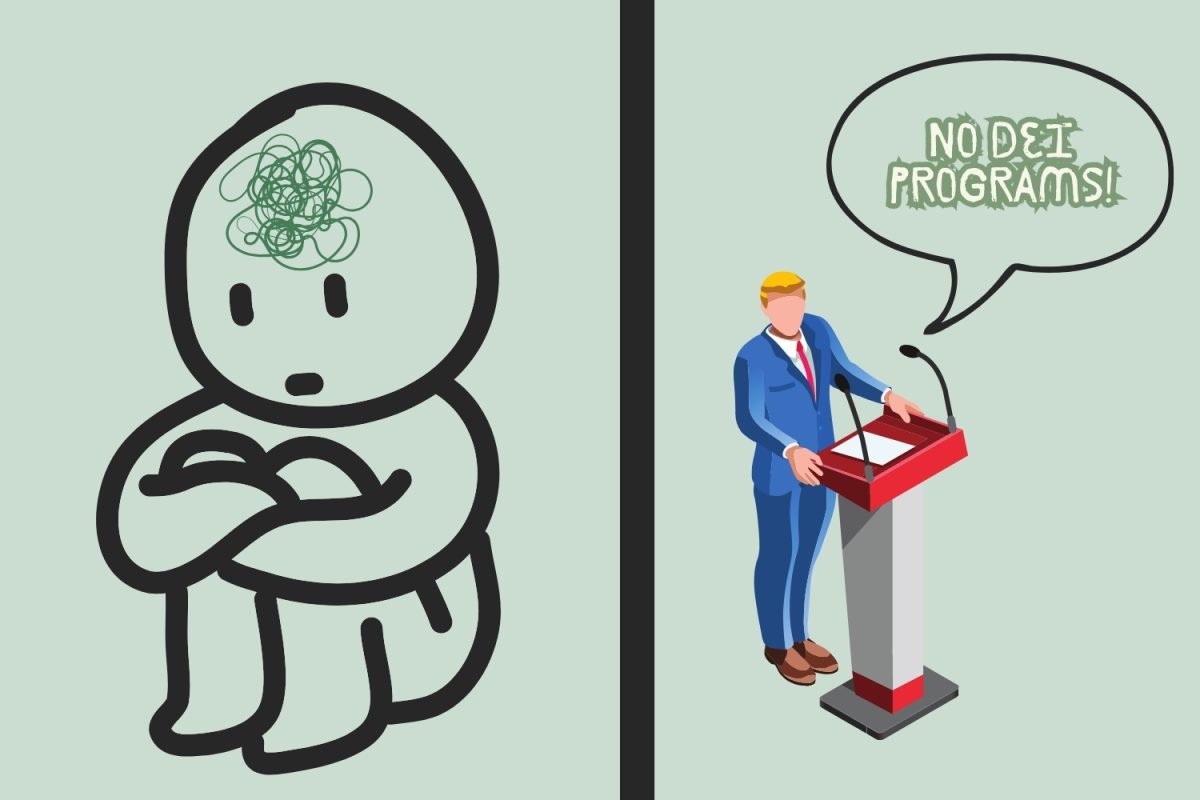When the smoke cleared on a cold Boston night in 1770, three people lay dead and two would die later. 
The Boston Massacre, as it came to be known, has become an essential part of our nation’s history as an ugly event that helped fuel the fire for American Independence. But in the classroom, our educational system seems to like incorporating history that paints colonists in a positive light and disregards some of the rest.
It was not until college when I pursued American history on my own that I realized my early education had left out vital information. Colonists were not as beaten down or particularly gung-ho to cut their ties with England as I previously believed.
How can we learn from history if we don’t know the whole story?
I owe a lot of what I know to my early teachings, but looking back it could have been better.
History textbooks tend to be concise and stress brevity and clarity.
The text will say something like: on March 5, 1770, a crowd of colonists taunted and threw snowballs at British soldiers, who fired into the crowd killing five people.
All true, but it depicts British soldiers as cruel and trigger-happy.
What you might not have known is that mob of drunken colonists also repeatedly threw rocks and other hard objects. The soldiers responding with open fire was justifiable at the time. In fact, John Adams had no problem defending the soldiers in court.
So why leave this interesting tidbit out? And why use “snowballs” instead of rocks? – Because it makes the colonists look tormented by the British, giving them grounds for revolution.
Recently, I read a 2013 edition of the “The American Vision,” a Glencole textbook for grades 9 to 12. A textbook I chose for its boasts from scholarly authors. It claims “history comes alive through their vivid and accurate retelling.”
The textbook has no problem going into the unjust laws of England and how the colonist couldn’t vote or have a member of British Parliament.
Nowhere does the textbook mention lack of rights in Britain at the time, where about one citizen in 20 could vote. And asking for a member of Parliament must have seemed absurd to citizens in Liverpool or Manchester, who themselves didn’t have a direct member.
As for the taxes that colonists whole-heartedly hated, they were being used to fund protection for the colonies and were five times less than taxes in England.
The text also talks about the 1765 boycotts and the passion of colonists “fueled by Patrick Henry’s speeches.”
But at the Virginia House of Burgesses in 1765, during a financial meeting, Henry, who is considered a Founding Father, was not the firm advocate for independence textbooks make him out to be.
According to a recent finding of notes taken by a French hydrologist at the meeting, Henry apologized for his eccentric behavior and expressed unwavering loyalty to the king.
Some may argue that not everything can go into a textbook, which is true. All I ask is for a more rounded education.
Our country has become a model for the rest of the world’s democracies. I think our children deserve to know how we got here, the whole truth.













